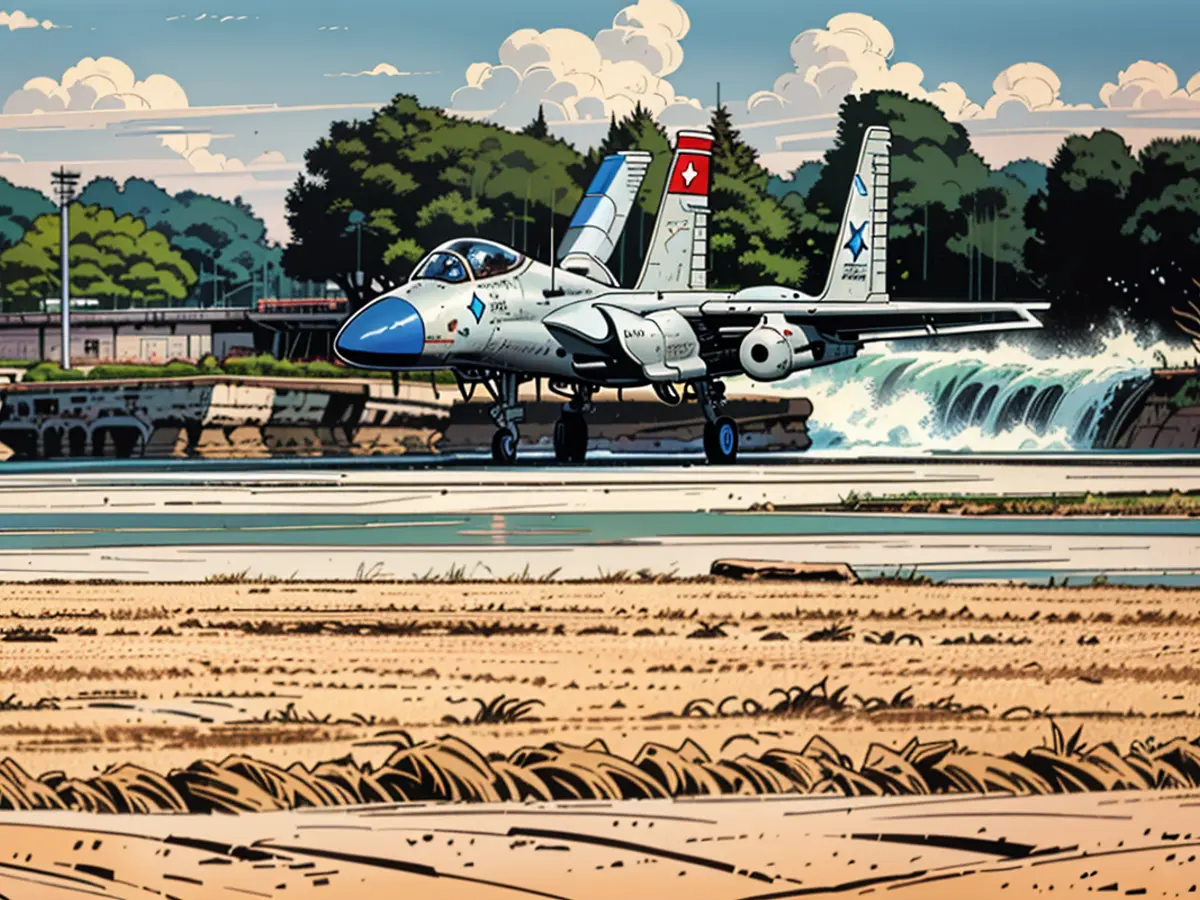Escalation in the Middle East - Pressure on Israel to moderate in response to Iranian attack
Regional partners, according to a media report, have called on Israel to exercise restraint in its response to an anticipated attack by Iran and its allies, warning against "overreacting" and risking a regional war. The message from the U.S.-led partners was that Israel should "not overplay its hand," according to Israel's Kan broadcaster.
Israel can count on the support of the U.S. and other allies in defending against Iranian and proxy missiles, cruise missiles, and drones using advanced defense systems. This was demonstrated in mid-April when Iran launched its first direct attack on Israel, with Israel successfully intercepting most of the projectiles with its own capabilities and with U.S. and allied assistance. Another Iranian attack is reportedly imminent.
"Think carefully before retaliating," the message to Israel from Kan reportedly stated. "The goal is not to initiate a full-scale war."
In April, Israel's response was limited, preventing further escalation. The U.S., UK, France, Qatar, Egypt, Jordan, Saudi Arabia, the United Arab Emirates, and Bahrain all assisted in defending against the Iranian axis' attack.
The current crisis was sparked by two deadly attacks last week targeting senior members of Hamas and Hezbollah. On Tuesday night, a blast in a guesthouse of the Iranian government in Tehran killed Hamas' external chief, Ismail Haniyeh. Hours earlier, a senior Hezbollah commander, Fuad Shukr, was killed in a drone strike in Beirut. Israel claimed responsibility for Shukr's killing, but no official statements have been made regarding Haniyeh's death. Both Iran and Hamas have blamed Israel for both incidents and have vowed retaliation.
The Middle East is a region known for its complex geopolitical landscape, with tensions between Israel and Iran and their allies frequently making headlines. Given the ongoing threat posed by Iran and its allies, Israel's regional partners urge caution in response to any anticipated attacks, fearing a potential escalation into a larger conflict.
The United Nations Secretary-General, Antonio Guterres, has expressed concern over the escalating tensions in the Middle East and urged all parties to exercise restraint and avoid actions that could lead to a larger conflict.








